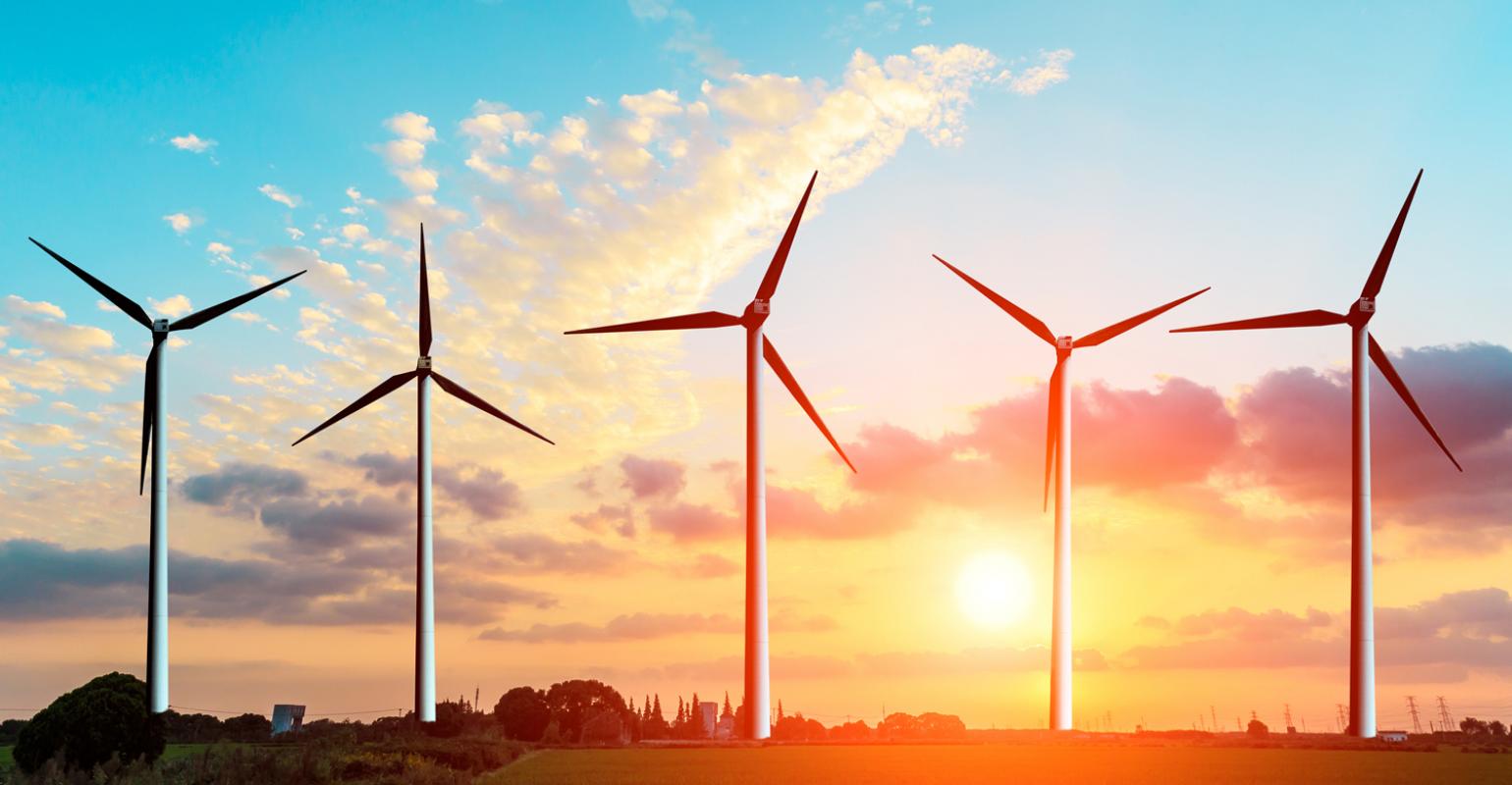Anyone who watched the first episode of The Americas with Simon Reeve on Sunday night would have been stunned by two things. Firstly, the incredible natural beauty of the Alaskan landscape, and secondly, the major impact of climate change on this natural beauty.
Reeve revealed that the North Pole is heating twice as fast as the rest of the world, that temperatures have risen above freezing even in winter, and that over nine trillion tonnes of ice have melted in the past century. Ironically, Alaska is a centre of oil extraction, the use of which is a major contributor towards the climate change which is destroying the state’s environment.
US President Donald Trump has recently announced that the Arctic National Wilderness Reserve will be opened to further drilling, which supporters claim will create thousands of jobs and generate millions of dollars of revenue.
Conservationists counter-argue that this will not only further exacerbate climate change but will further damage Alaska’s natural beauty and the fragile ecosystems that exist there.
However, a new angle on the climate crisis was introduced when Reeve spoke to the residents of the remote Arctic town of Kaktovik, home to around 300 people. The people of Kaktovik are part of the Inupiat, an indigenous Native American community.
After enjoying a game of bingo, which is a popular pastime in the dry county where alcohol is prohibited due to the community’s past troubles with abuse and addiction, Reeve spoke to community leader Matthew Rexford about the impact oil extraction has had on the area. Surprisingly, Rexford spoke positively of the impacts of oil extraction, chiefly the revenue generated by it.
This included the development of housing and sewage systems and the modernisation of power and water supply. Prior to the oil revenue, no one in the community had running water – now everyone does. The life expectancy of the Inupiat has increased by ten years as a result. He even showed Reeve a community freezer which had been built with funding from ExxonMobil, one of the largest oil companies operating in Alaska.
As a result of this, many of the indigenous residents are supportive of further oil extraction in the park, in the hope it will generate further revenue for their community. Rexford also made a comment on how indigenous peoples “have a lot of bad experiences of people coming in and telling us what to do.” This reflects the long history of exploitation of native peoples and their land by European settlers– after so many centuries of hardship, is it not right that they should be given a say in the direction of their community and economy?
The new angle on the debate that this introduced, and one that has been largely under-discussed, is the impact the shift towards renewable energy will have on people and communities who rely on the extraction of fossil fuels for their livelihoods. Once a shift towards renewable energy takes place as climate activists argue it should, what will happen to the economies of these areas?
In my opinion, the impact that climate change will have in the long-term is undeniable, and although communities such as the Inupiat have benefited greatly from resource extraction, humanity must make changes in its energy consumption in order to ensure our future and that of the planet. However, while doing this we must ensure that the people who rely on resource extraction for a living are not left behind, and do not fall into economic deprivation as a result.
Image Credit: Machine Design

